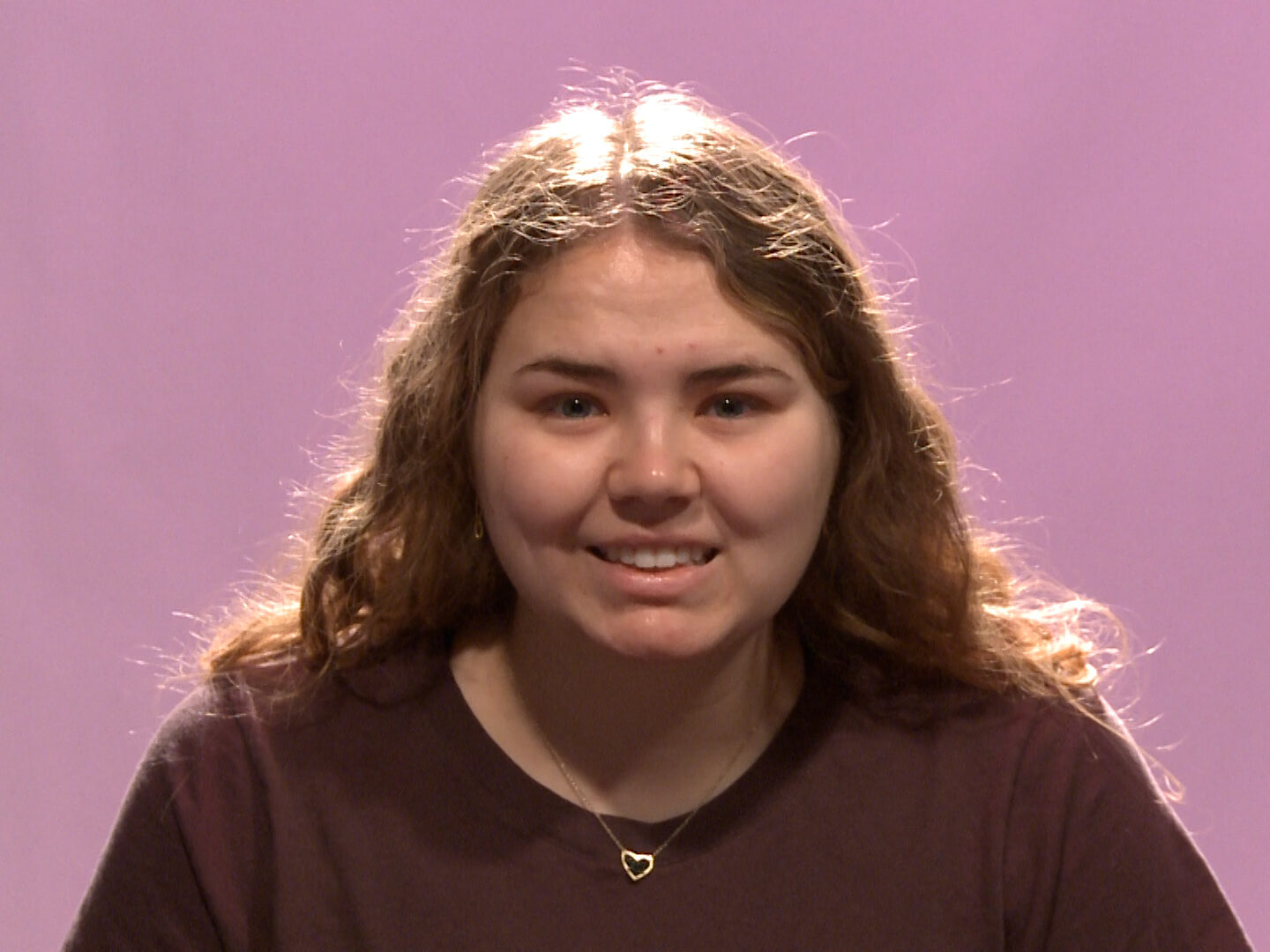Democratic Sen. Raphael Warnock defeated Republican challenger Herschel Walker in a Georgia runoff election Tuesday, ensuring Democrats an outright majority in the Senate for the rest of President Joe Biden’s current term and capping an underwhelming midterm cycle for the GOP in the last major vote of the year.
With Warnock’s second runoff victory in as many years, Democrats will have a 51-49 Senate majority, gaining a seat from the current 50-50 split with John Fetterman’s victory in
Pennsylvania. There will be divided government, however, with Republicans having narrowly flipped House control.
“After a hard-fought campaign — or, should I say, campaigns — it is my honor to utter the four most powerful words ever spoken in a democracy: The people have spoken,” Warnock, 53, told jubilant supporters who packed a downtown Atlanta hotel ballroom.
In last month’s election, Warnock led Walker by 37,000 votes out of almost 4 million cast, but fell short of the 50% threshold needed to avoid a runoff. The senator appeared to be headed for a wider final margin in Tuesday’s runoff, with Walker, a football legend at the University of
Georgia and in the NFL, unable to overcome a bevy of damaging allegations, including claims that he paid for two former girlfriends’ abortions despite supporting a national ban on the procedure.
Many international students at St. Thomas are going home for the upcoming J-term break for the first time since being at St. Thomas. Yet, some have felt at home at St. Thomas due to various outreach groups attempting to connect them.
This year’s class marks the largest cohort of international students ever at St. Thomas, with a total current international-student population of 507, including 237 total undergraduates. This year, the number of new undergraduate international students increased by 26% for a record number of 78 new students.
To make the time away from home easier, the success and outreach of the Office of International Scholars has created a close-knit community for international students to rely on. Events offered by OISS allow students to hangout and talk.
“Even when you feel homesick, you know that there is other international students that you can relate to and talk about it,” Onella Nkurunziza, a junior from Rwanda, said.
Associate Director of International Admissions Ethan Olson said his team recently restructured to allow more collaboration between OISS and the international admissions team, which added “more hands on deck” and was a big help in expanding reach.
“The whole culture of the office is that we are really here to look after the students,” Olson said.
China rolled back rules on isolating people with COVID-19 and dropped virus test requirements for some public places Wednesday in a dramatic change to a strategy that confined millions of people to their homes and sparked protests and demands for President Xi Jinping to resign.
The move adds to earlier easing that fueled hopes Beijing was scrapping its “zero COVID” strategy, which is disrupting manufacturing and global trade. Experts warn, however, that restrictions can’t be lifted completely until at least mid-2023 because millions of elderly people still must be vaccinated and the health care system strengthened.
China is the last major country still trying to stamp out transmission of the virus while many nations switch to trying to live with it. As they lift restrictions, Chinese officials have also shifted to talking about the virus as less threatening — a possible effort to prepare people for a similar switch.
People with mild cases will be allowed for the first time to isolate at home, the National Health Commission announced, instead of going to sometimes overcrowded or unsanitary quarantine centers. That addresses a major irritation that helped to drive protests that erupted Nov. 25 in Shanghai and other cities.
Cam Kauffman can be reached at kauf8536@stthomas.edu.

